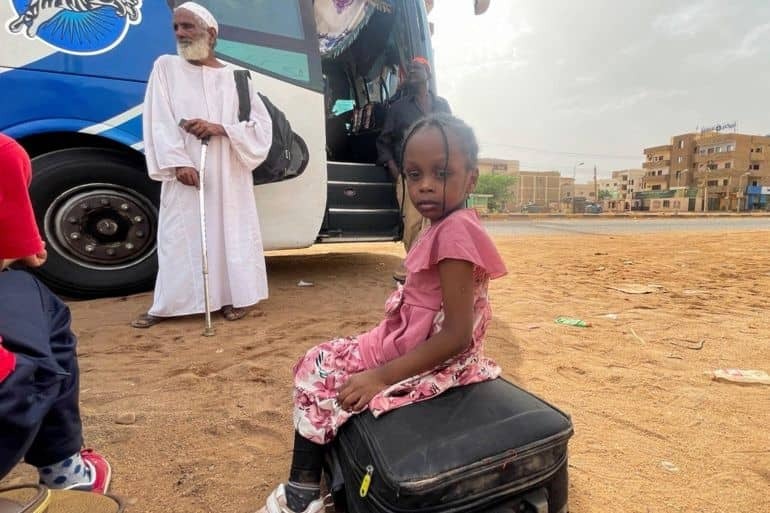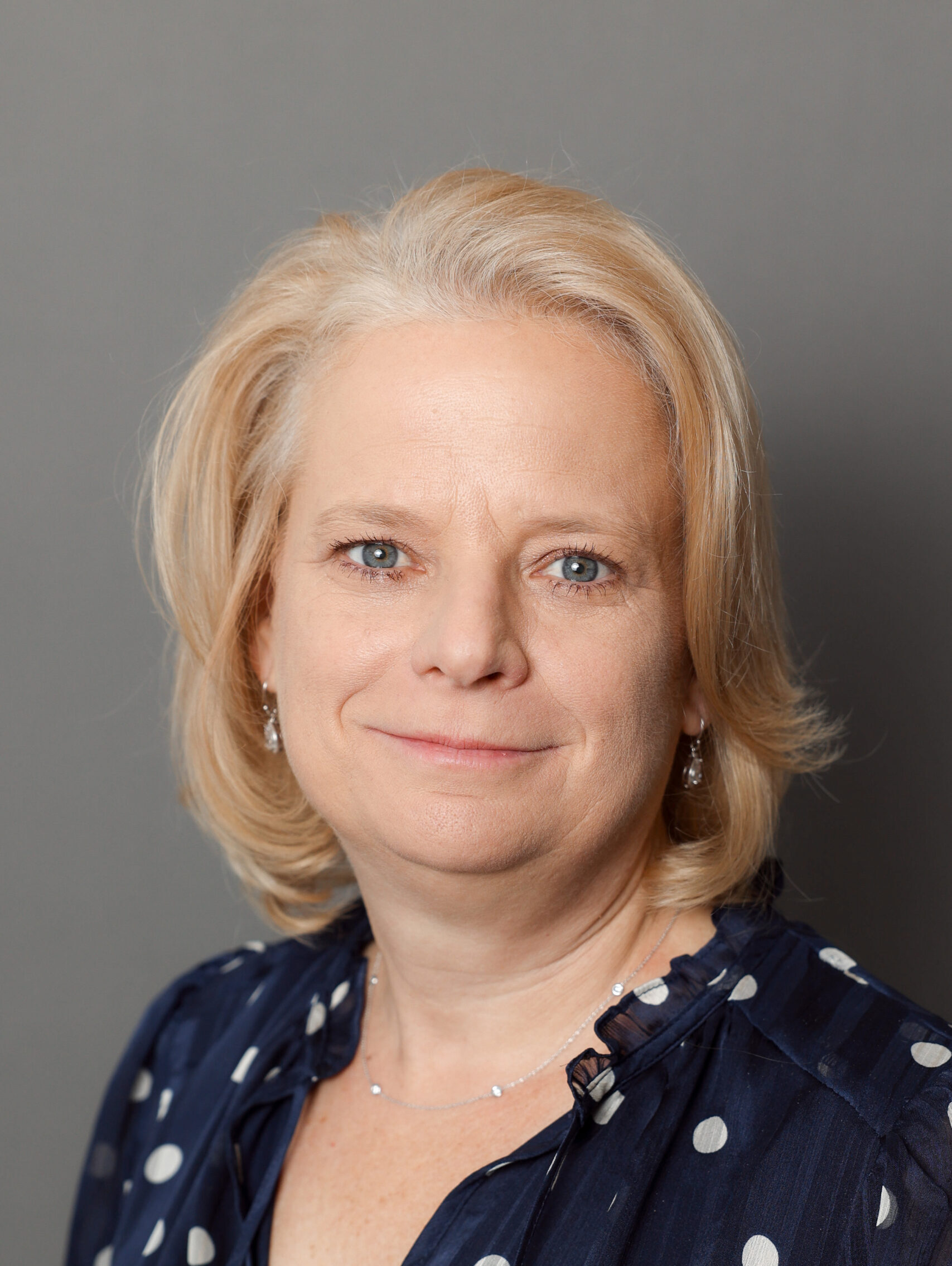Don’t look away: The people of Sudan need us

Once you’ve drunk the water of the Nile, you are destined always to return.
These are words that anyone who has spent any substantive time in Sudan will have heard, and in my experience, they ring true. While Sudan has been besieged for decades by internal strife, with a climate far from hospitable, it is also host to an incredibly passionate and welcoming population. A population held hostage by military leaders who centralize power, cripple the economy and practice poor governance.
The path to democracy has stalled for years, and tensions between the warring parties have been rising lately, amid calls for civilian oversight of the military, integration of the Rapid Support Forces (RSF), handover of military ownership of state assets and justice for war crimes. The current outbreak of violence – between the Sudanese Armed Forces (SAF) and RSF – is a power struggle between factions of the militarized regime. With the people of Sudan once again caught in the middle.
It would be easy to dismiss the current troubles as a political and military conflict with limited importance outside its borders. However, this would be an oversimplification of alarming proportions. Sudan is in the grips of an expanding complex humanitarian emergency, with populations already on the move, aid operations suspended, and acute shortages of medicines, food, water and fuel threatening to throw the country into further turmoil.
Sudan is an agricultural breadbasket and geopolitically strategic, central to a region already struggling with border disputes, political upheavals and conflicts. As with other complex emergencies, such as Ukraine or Syria, the solution for the current conflict in Sudan is beyond the purview of humanitarian actors, resting with global powers and the United Nations and their ability to negotiate a ceasefire through political and economic pressures. These processes are likely to take time. Meanwhile, millions of people in Sudan and the surrounding region need us to support the national and international humanitarian organizations’ efforts to provide lifesaving assistance and recovery support.
Since the conflict erupted, I’ve been in touch with Sudanese friends. Their stories of conditions are harrowing, and their fear for their families and loved ones is palatable. Our common humanity calls on us not to look away.
Here are two things you can do right now:
- Support organizations already actively responding to the humanitarian crisis in Sudan.
- Stay engaged. CDP will hold a donors’ roundtable later this month. If you’re considering grantmaking in response to this crisis and would like to attend the roundtable, please contact Tanya Gulliver-Garcia.
